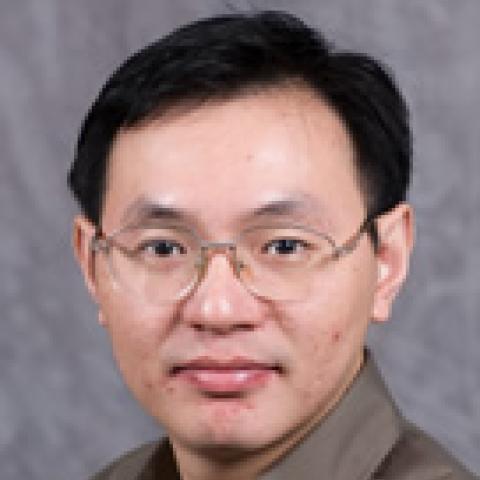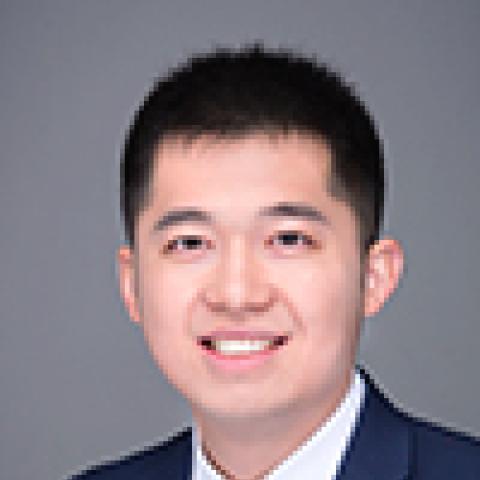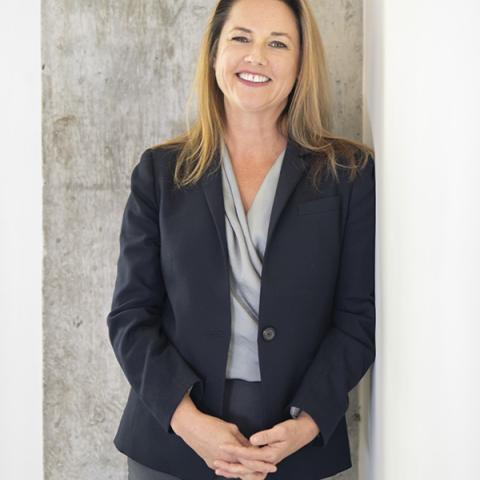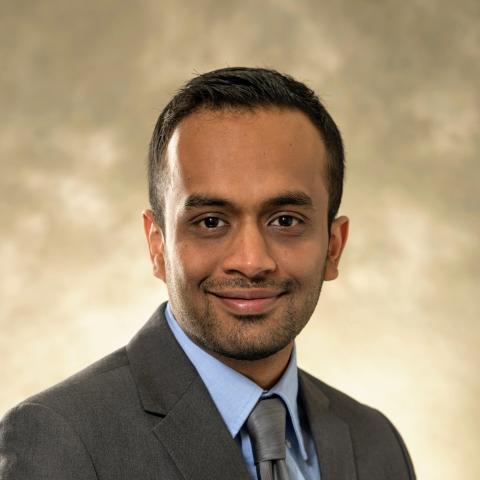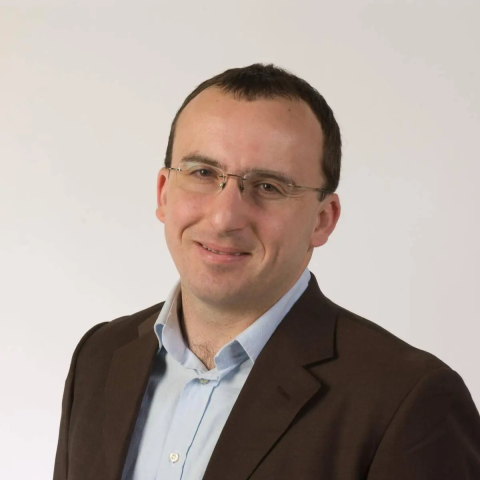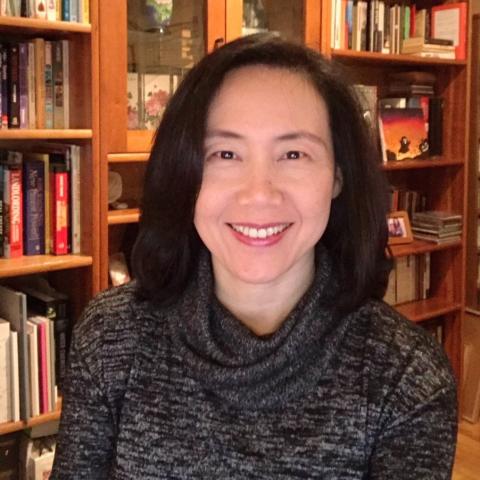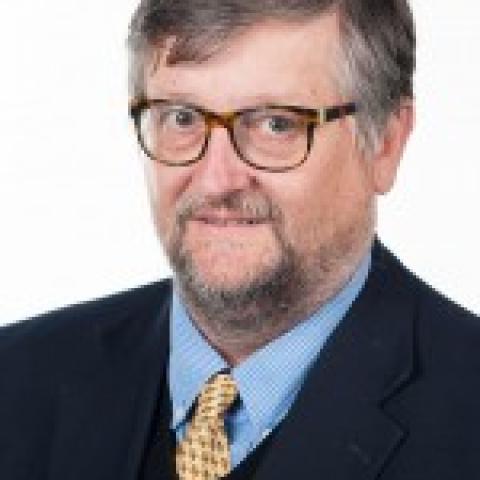Ameet Pinto
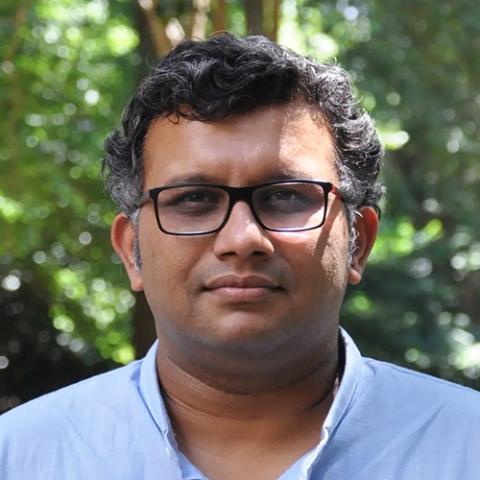
Dr. Ameet Pinto is an Environmental Engineer and Carlton S. Wilder Associate Professor in Civil and Environmental Engineering at Georgia Institute of Technology (Georgia Tech). Ameet is a Chemical Engineer from the Institute of Chemical Technology (University of Mumbai) with post-graduate degrees in Environmental Engineering from the University of Alaska (2005) and Virginia Tech, USA (2009). Before joining Georgia Tech in 2021, he was an Assistant Professor at Northeastern University (2016-2021) and Lecturer/Senior Lecturer (2012-2015) at the University of Glasgow. Ameet’s research focuses on microbial ecosystems at the interface of infrastructure and public/environmental health with a focus on the engineered water cycle. The overall research goal is to characterize and manipulate microbial communities to (1) protect and improve public and environmental health and (2) improve functional reliability and economic feasibility of water infrastructure. To do this, his research group develops and applies state-of-the-art microbial molecular and sensing tools and modelling approaches to monitor and manage the microbiology of the engineered water cycle. Ameet also serves as the Editor for Water Research (the premier journal for the engineering, science, and technology for water quality management) and as the Secretary of the Microbial Ecology and Water Engineering (MEWE) Specialist Group of the International Water Association.
- Resource and Materials Use

